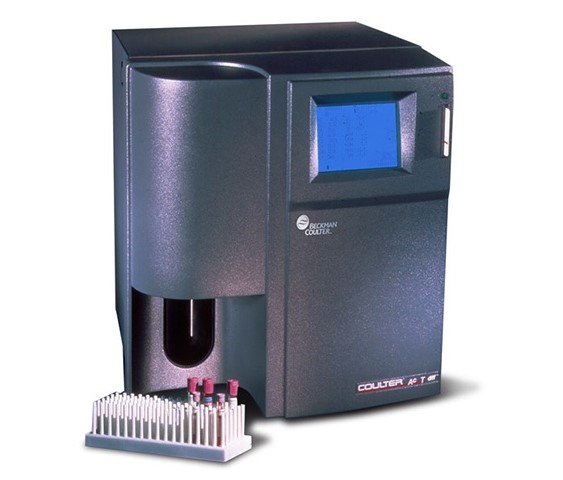
The lawsuit accuses Beckman of "developing and launching copycat polymer dye products," and seeks a permanent injunction against further infringement as well as "treble damages" due to alleged willful and deliberate infringement. The SuperNova dyes are used in Beckman's flow cytometry technology, CytoFlex, which launched commercially in March. In documents filed last week with the US District Court for the Southern District of California, BD alleged that Beckman Coulter's SuperNova fluorescent polymer dye technology infringes on BD patents pertaining to dye chemistries. NEW YORK – Becton Dickinson has sued Danaher subsidiary Beckman Coulter alleging infringement of 13 patents related to flow cytometry. Advances in Clinical Genomics Profiling.Appropriate utilization of phi resulted in a significant reduction in biopsy procedures performed compared to historical patients seen by the same participating urologists who would have met enrollment eligibility but did not receive a phi test. Phi testing significantly impacted the physician's biopsy decision for men with tPSA in the 4-10 ng/ml range and non-suspicious DRE findings. Based on questionnaire responses, the phi score impacted the physician's patient management plan in 73% of cases, including biopsy deferrals when the phi score was low, and decisions to perform biopsies when the phi score indicated an intermediate or high probability of prostate cancer (phi ≥36). Men receiving a phi test showed a significant reduction in biopsy procedures performed when compared to the historical control group (36.4% vs. Biopsy and pathological findings were also recorded for both groups. 506 men receiving a phi test were prospectively enrolled and 683 men were identified for the historical control group (without phi).

A historical control group was queried from each site's electronic medical records for eligible men who were seen by the same participating urologists prior to the implementation of the phi test in their practice. Physician recommendations were recorded before and after receiving the phi test result. The Prostate Health Index (phi) exhibits significantly improved diagnostic accuracy for prostate cancer detection when compared to tPSA and %fPSA, however only one published study to date has investigated its impact on biopsy decisions in clinical practice.Īn IRB approved observational study was conducted at four large urology group practices using a physician reported two-part questionnaire. Deciding when to biopsy a man with non-suspicious DRE findings and tPSA in the 4-10 ng/ml range can be challenging, because two-thirds of such biopsies are typically found to be benign.


 0 kommentar(er)
0 kommentar(er)
